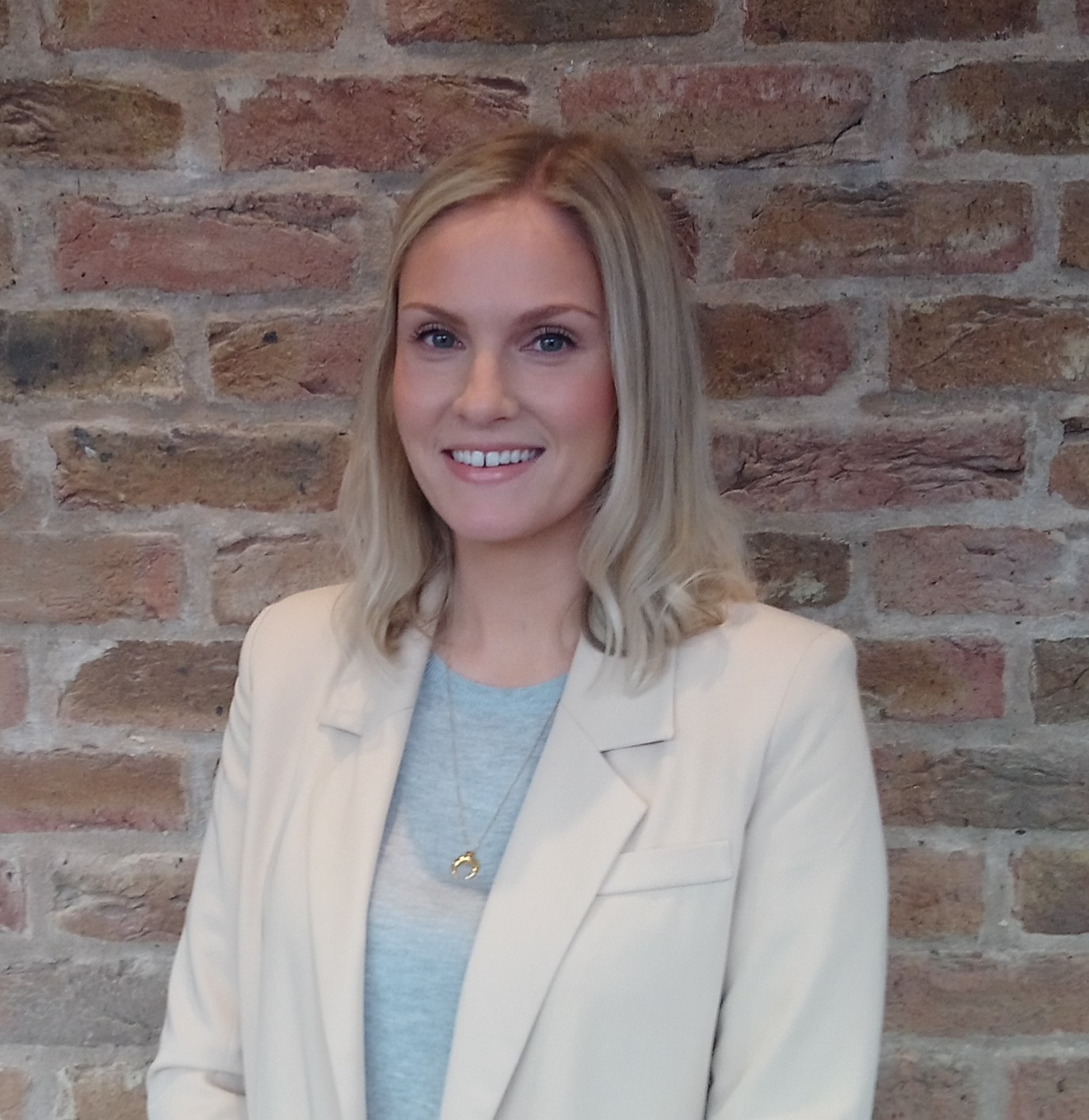Credit where credit’s due
Emily Rackham, head of credit at Huddle Capital, unpacks the platform’s unique approach to the credit checking process
CREDIT LOGIC IS increasingly becoming a sticking point for peer-to-peer lenders. While the UK’s P2P sector is undoubtedly committed to risk awareness, a recent series of highprofile defaults have led to new calls for heightened transparency among P2P investors.
Huddle Capital’s credit process is a little more thorough than most. Like most platforms, Huddle Capital mainly lends on assets that have been secured with a legal charge, but unlike its competitors, it also requires a personal guarantee from a director or shareholder of every borrower, as an extra line of protection. What’s more, the firm invests alongside its lenders on every single loan on a pari passu basis.
“In doing this, what we are effectively saying is that we have 100 per cent faith in our credit policy,” says Emily Rackham, head of credit and director at Huddle Capital.
“In the early days of us starting out, we were putting around 90 per cent of our money into those loans, and even now we will put 50 per cent of our money into most loans.
“We put our money where our mouth is.”
Huddle Capital’s loans are broken up into two different categories: pure property loans including development or refurbishment loans; and small- and medium-sized enterprise business loans. But regardless of the loan category, Huddle Capital takes the same holistic view on credit logic.
“It’s not purely down to the value of the property,” says Rackham. “It’s also about the business and the guarantors.
“When we underwrite the loan, we analyse the business-owners, the accounts, the bank statements, VAT returns – everything we can look at to satisfy ourselves that there is serviceability and security within this loan.
“And most of that information is presented to the lenders along with the lending report.”
By looking at the creditworthiness of the borrower as well as the asset, Rackham believes that the platform can help shield investors from a potential lack of liquidity in the property market, and the risk of delayed or missed loan repayments.
“We look at the property purely as secondary security,” she says. “This means that we want to see that the business has got profit, has got cashflow, has got serviceability. Most of these loans amortize from day one on a monthly repayment profile.”
This approach has allowed Huddle Capital to offer high yields of 12-16 per cent to investors, while effectively decreasing their risk on a month by month basis.
“Since we’ve started these specific loans, there has been no bad debt,” says Rackham. “It’s our job as a platform not only to originate loans and underwrite them but to manage that collection process.
“And that’s something we’re very good at doing because we’ve done it for years on our own balance sheet.
“Ultimately, if a borrower has got a late payment it’s not just affecting us as a platform from a reputational perspective, it’s affecting us as a business because we’ve got our own cash in there so you know our lenders can rest assured that we will manage the collection process as aggressively, humanly and legally as possible.”





